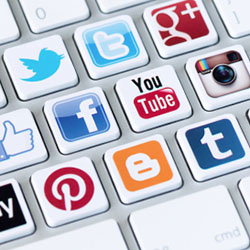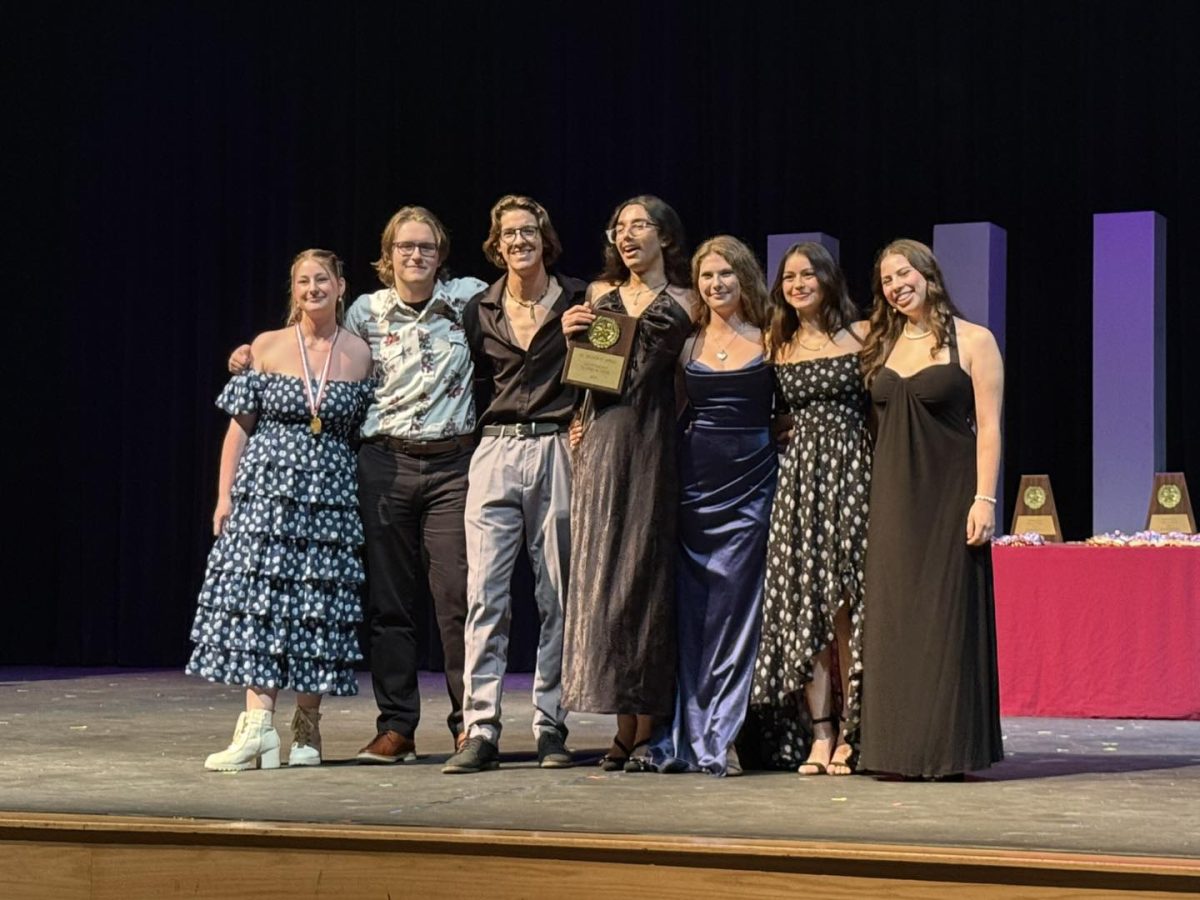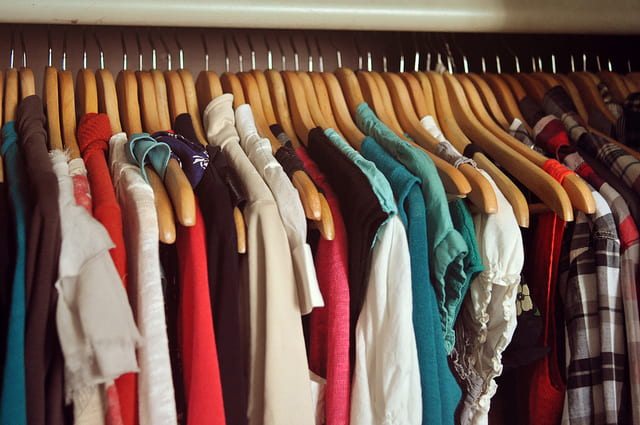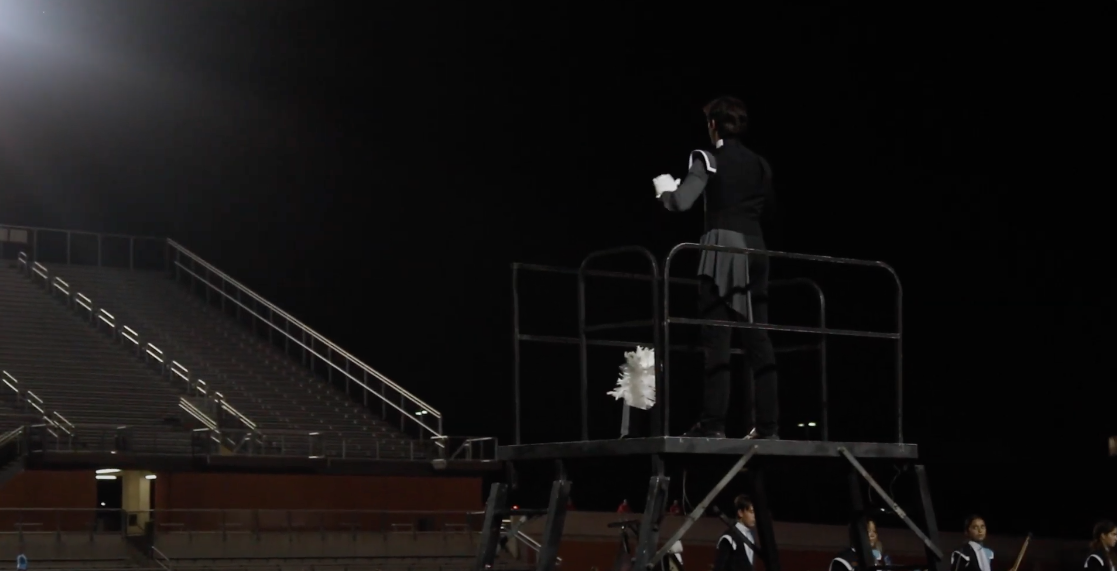By Emily Jimenez | Staff Writer
Through out the course of a day freshman Destine Pate spends approximately seven hours on social media. Some may say this sounds a

little obsessive, but in today’s society this a reality for many teens.
“[I spend] About two hours a day, during school hours, and when I get home probably about five hours or more,” Pate said.
Social media gives us the good, the bad, and the ugly about other people and ourselves. Anyone who’s ever tried to take a selfie knows that gut wrenching feeling of looking through twenty ‘cringe worthy’ photos trying to deem one deserving of the hashtag: #selfiesunday.
Posting pictures of yourself can boost confidence when you get 51 likes, from both friends and strangers. In today’s world it’s become many people guilty pleasure.
“When you post a selfie or something and everyone’s like, ‘you’re so pretty’ and everything even though they probably don’t think it, but you have some great back up and courage. And when someone retweets your tweet on twitter, that’s great too,” Pate said.
Not every photo is planned and wanted. Previously uploaded photos can be used by other people.
“There’s this app, and it’s called ‘Hot or Not’ and basically you get your zip code or whatever, and you have, like, all this girls and guys and they’re all from your area which is San Antonio, of course, and they can either vote you hot or not and someone put up my old Facebook pictures on there and so many people were like ‘not, not, not’ and everyone was coming up to me and it was really embarrassing and that was really bad,” Pate said.
Social media has a way of boosting up confidence or ripping it down. Many people know someone in their life whose ego is just a tad too big when it comes to the amount of follower, likes, or retweets they have.

“Either some people who have social media and they don’t have a lot of followers or something, like, they would think less of themselves, but some people who
have a lot they would think like, ‘Wow, I’m like something important’ but I think in the greater scheme of life we’re all just people and we’re all important,” Senior Jessica Moore said.
The advancements in social media sites have allowed those who post status like, “just ate breakfast,” to branch out and actually post their meals with appropriate filters to glorify their feast that everyone obviously wants to see. This can be annoying, but then there can be times where one spends countless hours harmlessly “cyberstalking” the kid that sits next to them in physics.
Facebook, Twitter, Instagram, and so many other sites let us peek through the keyhole and see into the daily lives of our acquaintances, friends, and favorite celebrities. This, in theory sounds wonderful, stars become down-to-earth, real people, but, what is often forgotten is that they get to choose what they reveal. This can lead to some feelings of inadequacy and, many times, envy.
“If you see a hairstyle that’s really cute, like I’ve done this tons of times, you’re like, ‘Oh, I want my hair to look like that so I’m going to go cut it,’ and then it doesn’t look like that. When stars come up with those make up lines, like, oh if I buy that make up line it will make me look pretty like them. Or you see people on magazines and you automatically feel bad about yourself,” Pate said.
Seeing photos of Kim Kardasian can be mystifying and occasionally leave the feeling of unworthiness, but those like Dan Flaherty see past the glitz and
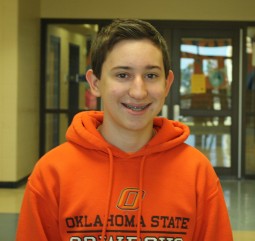
glam of celebrity life.
“People try to be like celebrities, but you can never be like celebrities because they have money and they can basically do whatever they want,” Flaherty said.
Teens aren’t just browsing the photos of Hollywood stars and starlets, they’re obsessing over them. Some even go so far as to defend their outlandish behavior. Sophomore Kiran Khan condemns this type of behavior and the the people who defend the perpetrators.
“…they can kind of be a bad influence on some kids and stuff. Celebrities like Miley Cyrus and Justin Bieber who recently got arrested and there was this huge uproar on twitter about ‘free him’ and stuff even though he deserved it. So I feel like following celebrities to an extent is okay, but once it becomes an obsession, not so much,” Khan said.
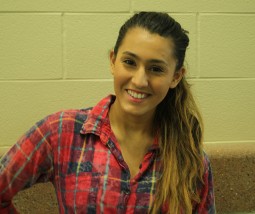
The uproar doesn’t just involve celebrities, it involves friends, frenemies, and drama. It can be easier to vent online rather than face-to-face, but those actions can do more harm than good.
“Everyone needs to grow up and just do it in person. It’s just easier to do it in person. If you’re going to have drama just go up to someone and be like, ‘this is how I feel,’” Moore said.
At times it can be hard to tell where to draw the line when it comes to social media, then there are times where it’s hard to tell where social media draws the line. The countless number of filters and photo editing apps allow people to enhance their features or even drastically change their looks. A brown eyed brunette can become a blue eyed blonde with the right tricks.
“[Children] are taught you have to be this certain person on the magazine, you have to look like this and have this color eyes and this color hair and you’re not accepted for who you are basically,” Pate said.


